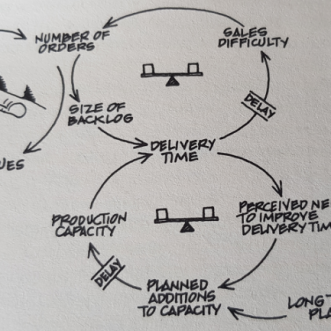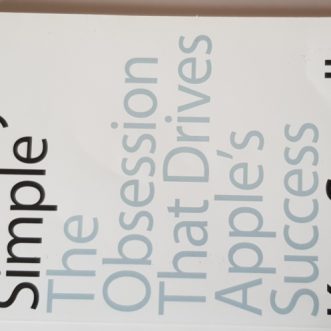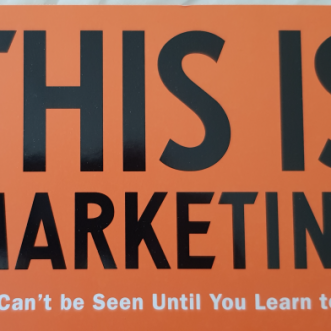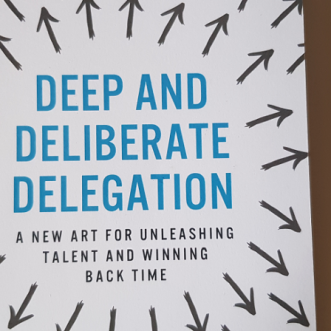
Being prepared is much better than trying to predict the future.
Yesterday, I caught a repeat of “The Spark” on BBC Radio 4. A conversation with Margaret Heffernan on preparedness.
There was far too much in this 30-minute programme to summarise here. I recommend a listen, but here are some of Margaret’s brilliant thoughts on preparing for various eventualities rather than trying to predict which will happen:
- “Preparedness is a better mindset when you know you are dealing with things that are generally certain, but specificially amibiguous.” For example, we know epidemics occur, but we don’t know when, where, or exactly what. We can’t predict, but we can be better prepared by asking questions like this: “If X (or Y or Z or J) happens, what will we wish we had had?”
- Too much focus on efficiency (as quickly as possible, as cheaply as possible, as high a utilisation as possible), is the enemy of preparedness. Cutting out the margins for error, leaves no margin for resilience when you need it.
- It’s a good idea to separate what’s predicitable from what isn’t, and deal with the two things as separate processes. Human beings are inherently unpredictable, they can’t and won’t be bureaucratised. Don’t try. For truly predictable things use technology. For the unpredictable stuff (such as dealing with human beings), use human beings, they are much better at using their judgement.
- Surround yourself with people who are different from yourself. who don’t see things the way you do. Who will help you ask this question regularly: “If you were wrong, what would you see?”
And if you want to take preparedness even further, I recommend “Antifragile: things that gain from disorder”, by Nassim Nicholas Taleb.








